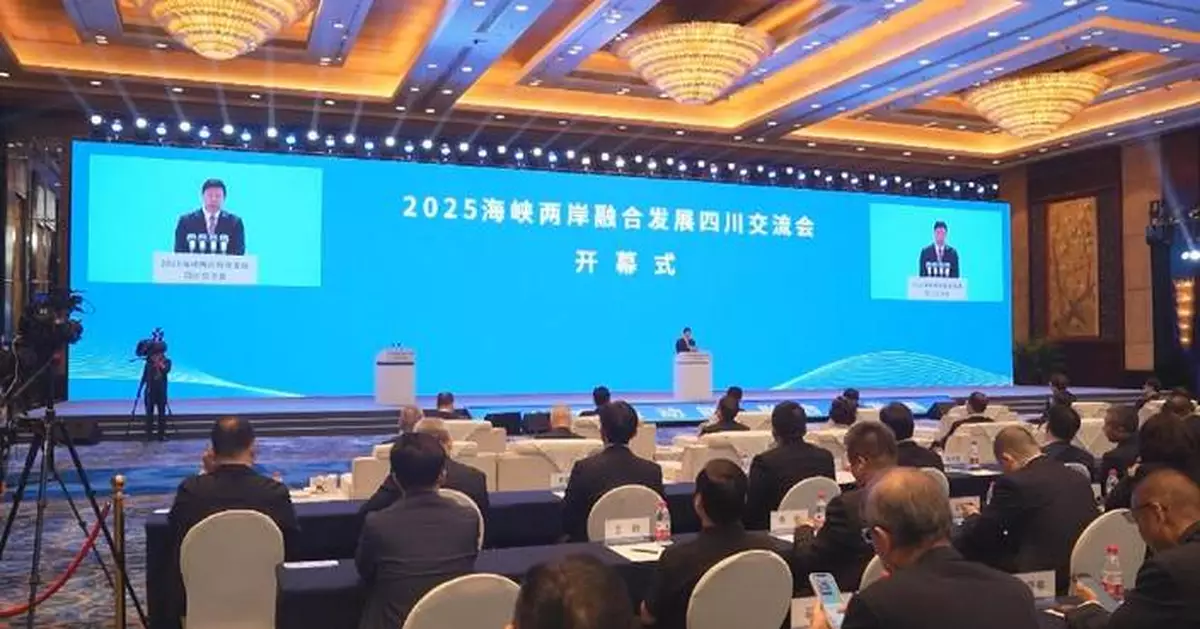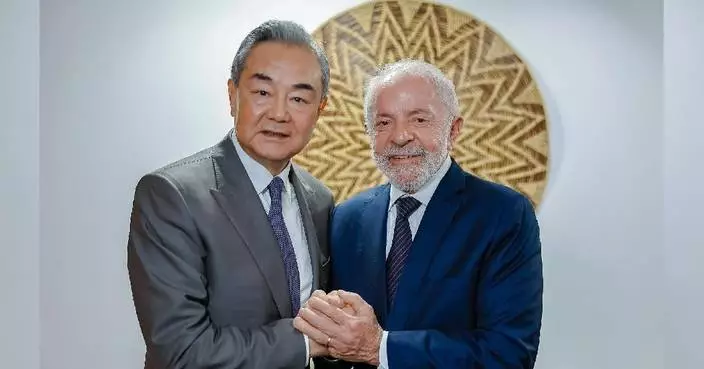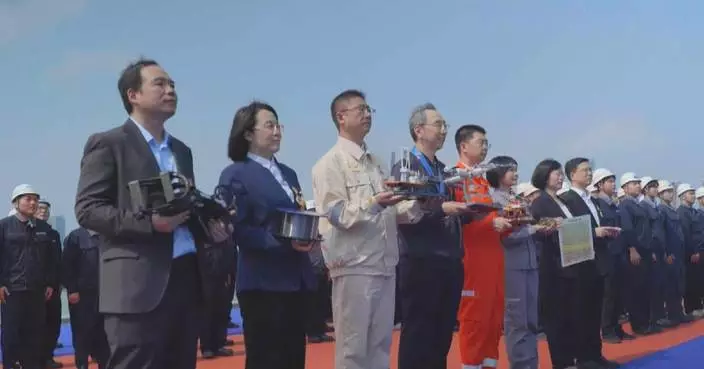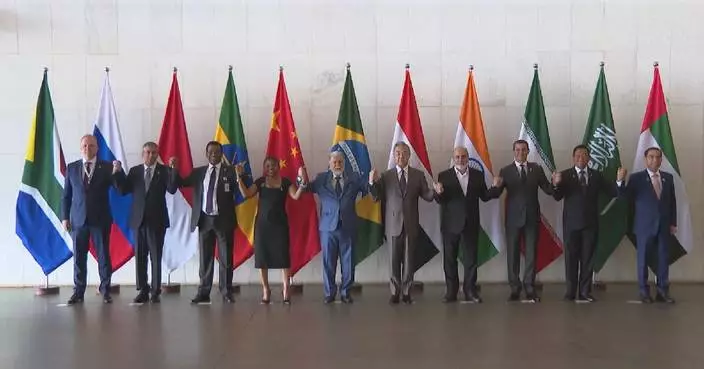A conference on cross-Strait integrated development opened in Chengdu, the provincial capital of Sichuan in southwest China, on Tuesday, focusing on industrial cooperation, youth employment and support to Taiwan businesses on the mainland for better growth.
In his opening speech, Song Tao, head of both the Taiwan Work Office of the Communist Party of China Central Committee and the Taiwan Affairs Office of the State Council, stated that the stable and positive development of the mainland economy provides broader opportunities for deepening cross-Strait integration.
He criticized the Democratic Progressive Party (DPP) authorities for their insistence on making barriers which harm the competitiveness of enterprises in Taiwan region, and stirring up anti-mainland sentiment that deprives the compatriots in Taiwan of their right to development.
He said those who seek to divide the country are traitors to the Chinese nation, and those who provoke division across the Taiwan Strait will ultimately backfire.
He emphasized that the Chinese mainland will continue to improve policies and systems to promote cross-Strait economic and cultural exchanges, expand communication, and deepen integrated development.
On Monday, Song met with Liu Chao-shiuan, co-president of the Cross-Strait CEO Summit.
During the meeting, Liu said that U.S. President Donald Trump's disregard for established trade rules and his start of a global trade war had led to the mainland's resolute countermeasures, which provided other economies with confidence and strength to resist U.S. economic bullying.
He stressed that cross-Strait businesses should strengthen cooperation, turn crises into opportunities, and contribute to the growth of the Chinese economy.
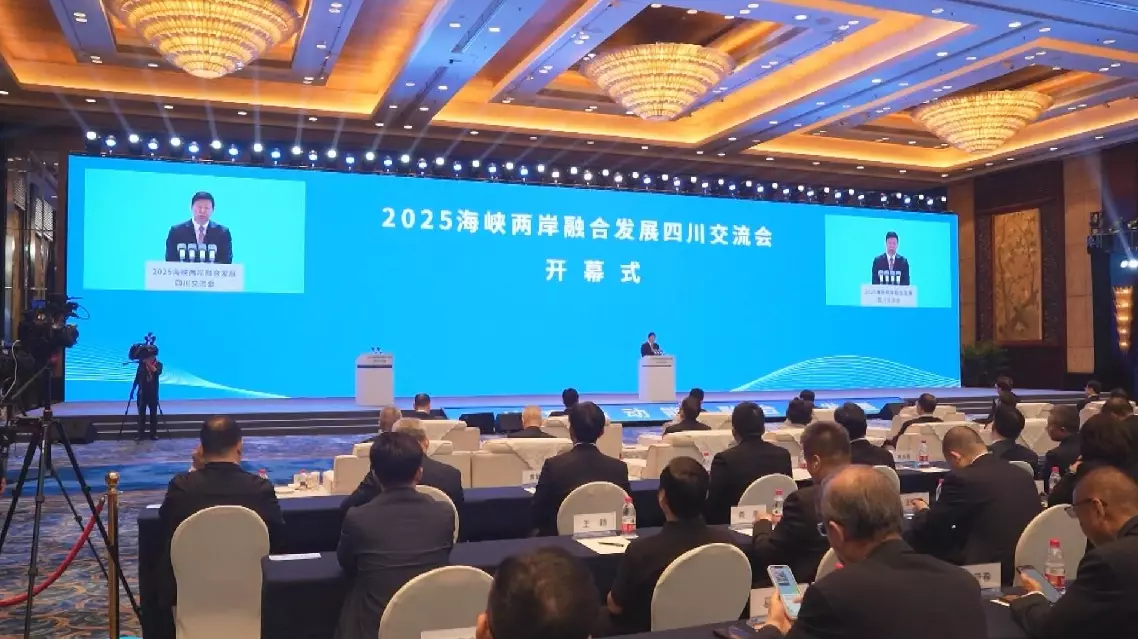
Conference on cross-Strait integrated development opens in Sichuan
U.S. tariffs on Cambodia, which were set at 49 percent, have sparked concerns among the Southeast Asian country's key export industries such as garment manufacturing amid the ensuing economic uncertainties.
On April 2, U.S. President Donald Trump announced the 49 percent "reciprocal tariff" on goods imported from Cambodia, the highest among all countries. Days later, the U.S. reduced the so-called "reciprocal tariff" to 10 percent for 90 days, offering a window period to Cambodia for negotiations with it.
Cambodian businesspeople say the tariffs have the potential to wreak havoc on the country's manufacturing sector, which, according to data from the World Bank, makes up around a fifth of the country's GDP.
"For U.S. manufacturers, definitely, there will be a big impact. If manufacturers are focusing on U.S. products, they are now in the middle. They don't know what they should do at the moment because the tariff now from Cambodia to the U.S. is actually quite high," said Dr. Ben Li, a Hong Kong investor in Cambodia and Chairman of the Cambodia Chinese Commerce Association.
Nevertheless, Li sees the tariff hike as an opportunity to export more Cambodian goods to the European Union, where a majority of Cambodian exports enjoy duty-free status.
"I always say there will be a light (at the end of the tunnel.) Even now, the U.S. tariff is so high, it's going to be so high after 90 days, we don't know. But, there's still a big market to Japan or to the European Union. There's still a big opportunity there," he said.
The Cambodian investor also believes the development of major infrastructure projects will help support Cambodia's economy.
"Especially the new canal and then the new airport, and the railways which connect to China. I believe once the logistics and infrastructure are built up, it can help the whole country's economy. By reducing the transportation costs, it can also mitigate the tariff costs," he said.
Cambodia and the U.S. held their first tariff negotiations on April 16, with more expected to follow. Local experts said the stakes are high for the country's workers.
"If this negotiation fails, there will be a significant impact. It will include the garment and travel goods sector. These sectors consist of about 1,068 factories and 930,000 workers. The income generated from these sectors is about 3 billion dollars per year. So it would significantly impact Cambodia's economy, jobs and incomes," said Chey Tech, a socio-economic research and development consultant from Dynamic Alliance Consulting.
Despite the potential risks, Tech expressed his optimism about a positive outcome, citing Cambodian Prime Minister Hun Manat's letter to Trump on April 4.
"The Prime Minister's letter confirmed that Cambodia would reduce the tariff rate for U.S. goods to 5 percent. Second, Cambodia is the least developed country. Third, Cambodia produces goods that the developed countries won't produce. We asked whether the U.S. would be able to produce these low-cost products. It cannot," said Tech.
In 2024, Cambodia exported goods of 9.9 billion dollars to the U.S., making it the country's largest market, accounting for 37 percent of Cambodia's total exports.
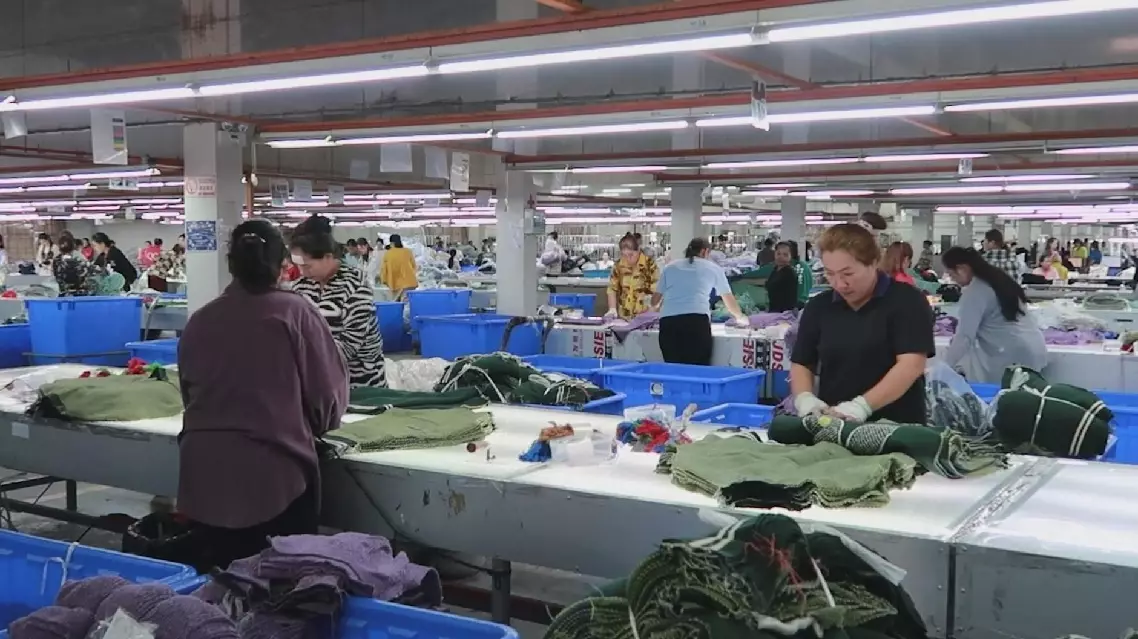
49-percent US tariffs sparks worry among Cambodia's key export industries



